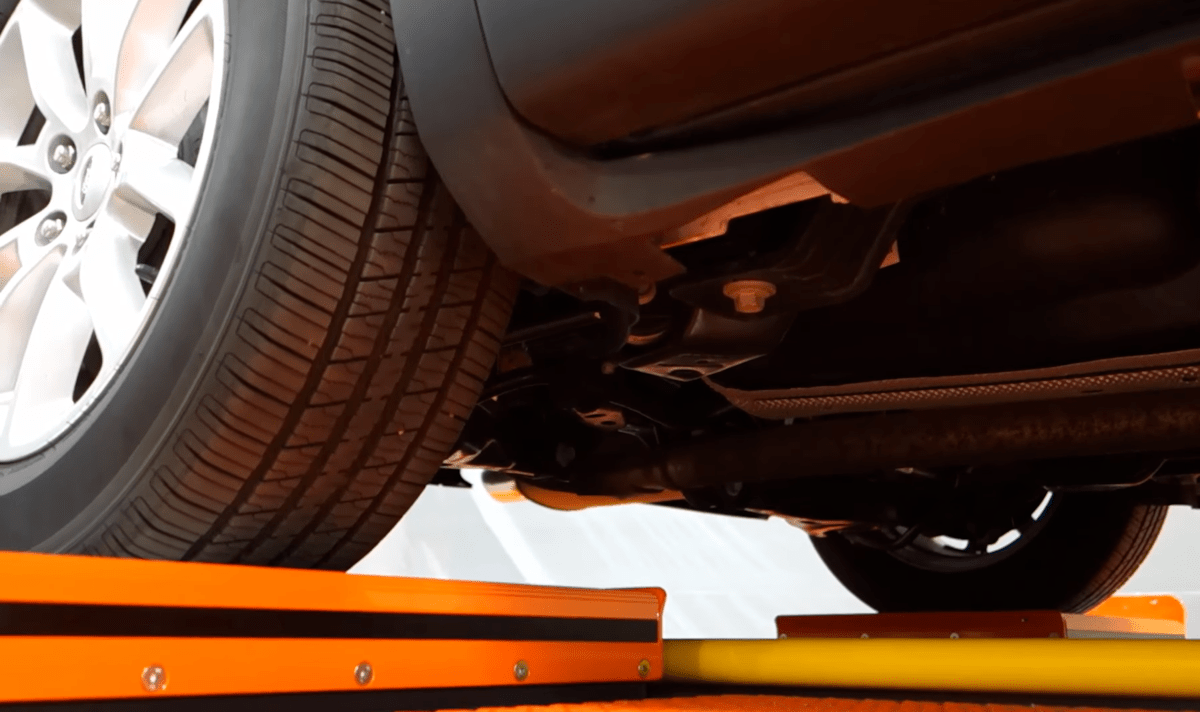EN 14363 Ride Stability Testing with Suspension Variations
The EN 14363 standard specifies methods for ride stability testing of railway vehicles, particularly focusing on the impact of suspension variations. This service ensures that vehicles meet stringent requirements for passenger comfort and safety under dynamic conditions. The test evaluates how well a vehicle can maintain its ride quality when subjected to various real-world scenarios such as track irregularities, changes in load distribution, and varying speeds.
The process involves subjecting the vehicle to controlled suspension variations while measuring key performance indicators like lateral acceleration, vertical acceleration, and body roll angles. This helps identify any potential issues with the vehicle's design or manufacturing that could affect ride stability during operational use. It is particularly critical for new model developments as well as ongoing quality control checks.
Our testing laboratory adheres strictly to EN 14363 guidelines using state-of-the-art equipment capable of replicating real-life conditions accurately. By providing precise data on vehicle behavior, we enable clients to make informed decisions about design improvements or necessary adjustments before full-scale production begins.
This service plays a crucial role in ensuring compliance with international standards and regulations set forth by bodies like the European Union Agency for Railways (ERA). It also supports continuous improvement efforts within railway operations aimed at enhancing overall safety standards across Europe.
Scope and Methodology
| Key Parameters | Description |
|---|---|
| Lateral Acceleration (g) | The force experienced by passengers when the vehicle moves side-to-side. |
| Vertical Acceleration (g) | The vertical forces exerted on passengers and their effects on comfort. |
| Body Roll Angle | An indicator of how much the vehicle body tilts during maneuvers. |
| Test Setup | Description |
|---|---|
| Suspension Variations | Varying the suspension settings to simulate different operational conditions. |
| Loading Conditions | Incorporating various load scenarios to assess stability under real-world usage. |
| Track Profile | Reproducing typical track irregularities encountered in railway systems. |
Eurolab Advantages
- Comprehensive Understanding of European Standards: Our team is well-versed in all relevant EN standards, ensuring accurate interpretation and application during testing.
- State-of-the-Art Equipment: Utilizing cutting-edge technology allows us to provide precise measurements and reliable results.
- Experienced Staff: With a dedicated group of professionals specializing in railway vehicle testing, we offer unparalleled expertise.
- Custom Solutions Tailored to Client Needs: Whether it's for prototype evaluation or routine inspections, our services are designed to meet individual requirements.
Quality and Reliability Assurance
- Detailed Pre-Test Evaluation: Conduct thorough assessments of the vehicle before initiating tests to ensure all components function correctly.
- Regular Calibration Checks: Ensuring instruments remain accurate throughout testing processes.
- Data Validation Procedures: Multiple checks are performed on collected data to verify its integrity and reliability.





